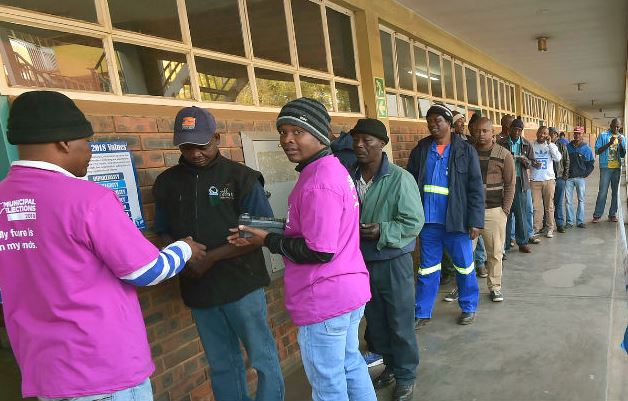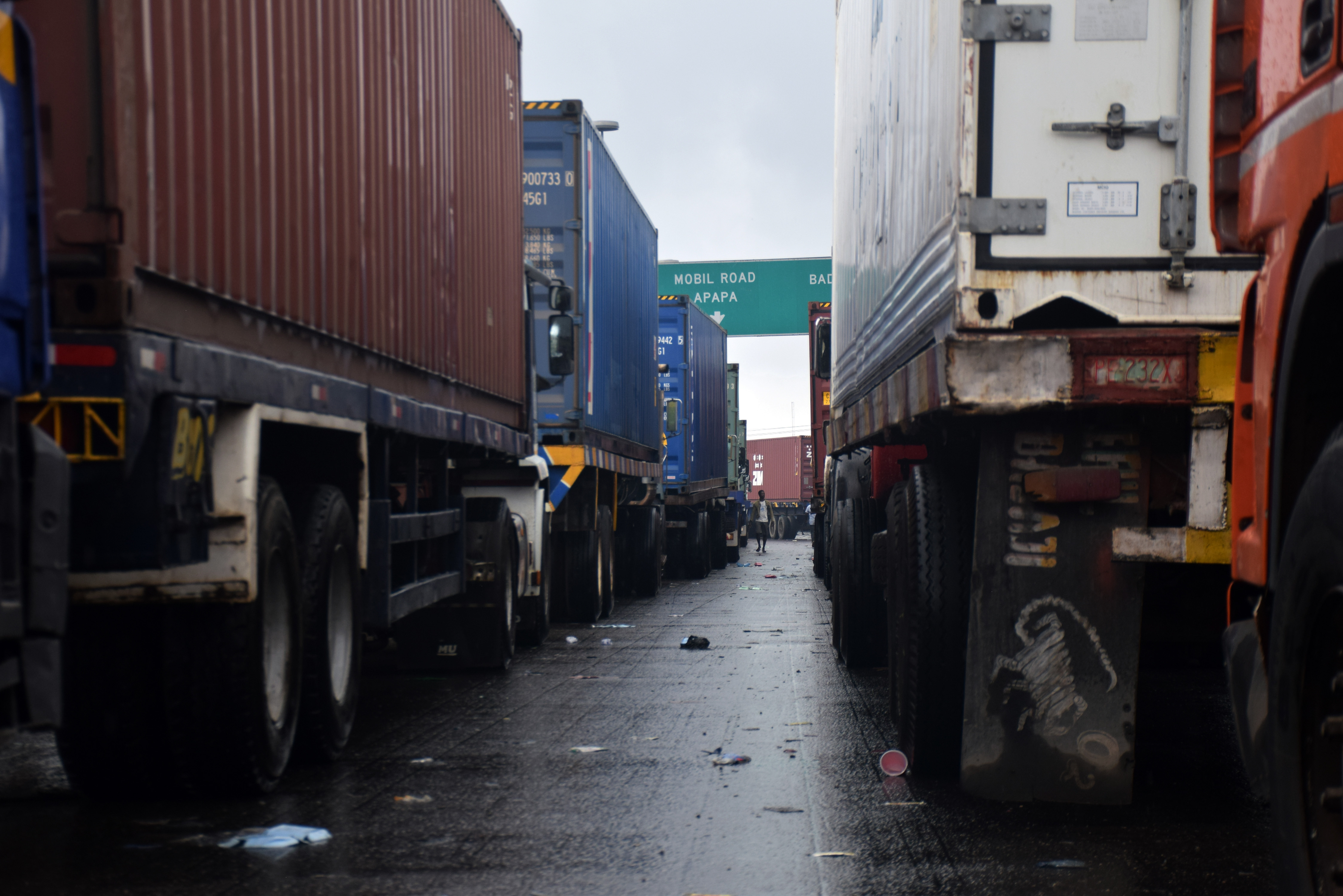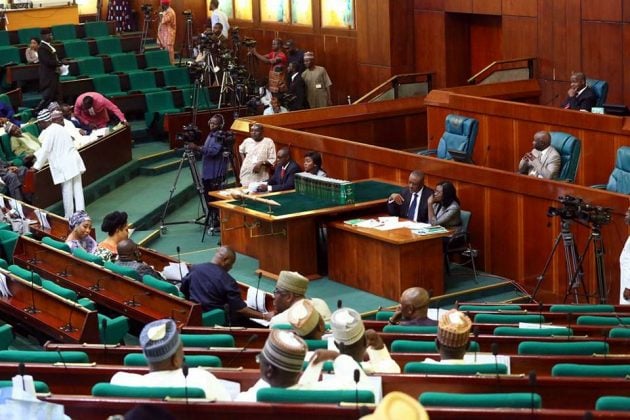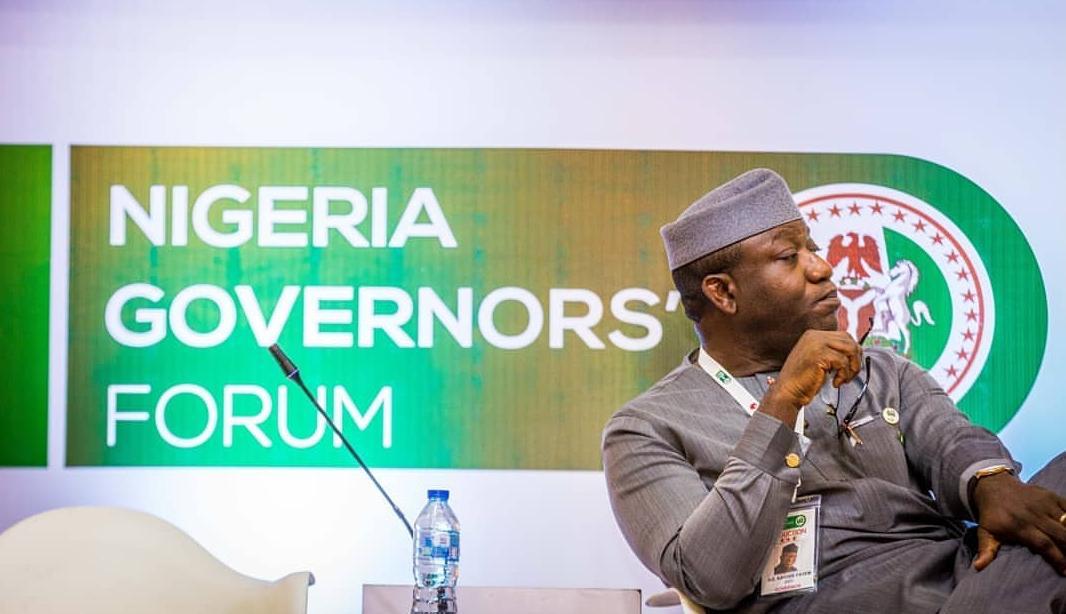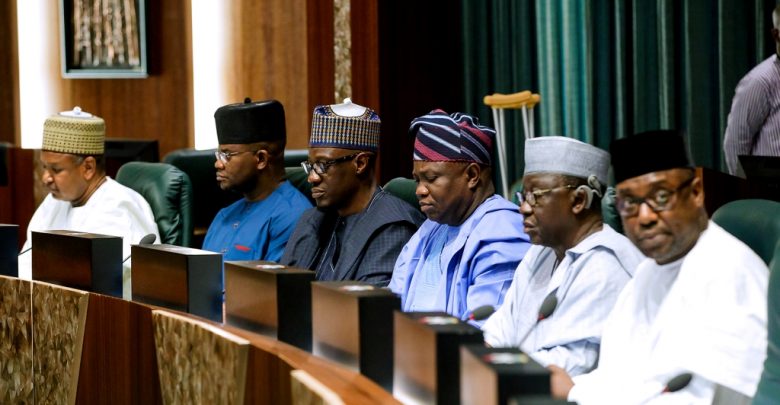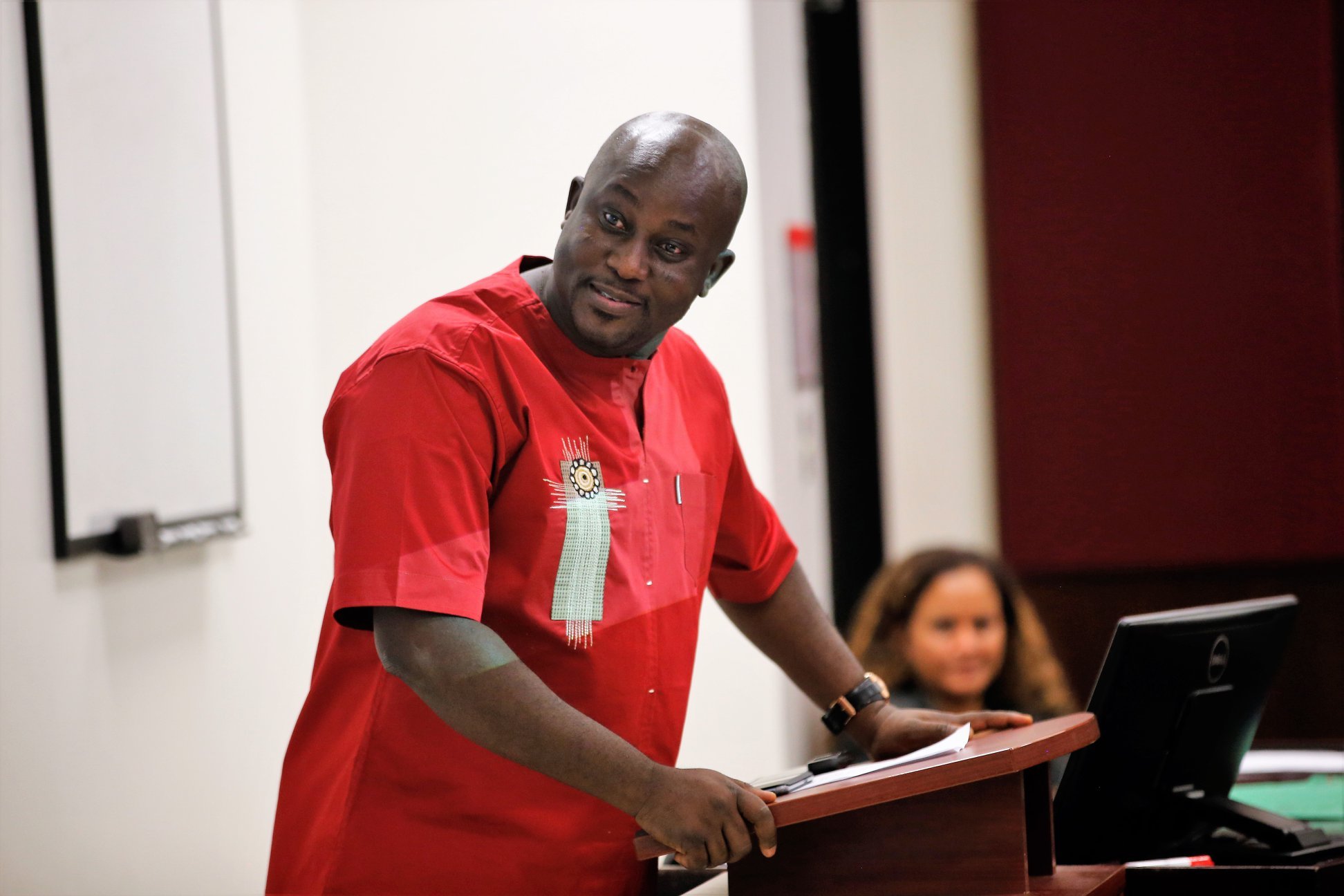BY OKE UMURHOHWO
It was another test on African’s preference for democratic tenets but South Africa didn’t disappoint. The coastline nation held its parliamentary election on 8thMay, 2019and its outcome have left a relishing experience.
This came amid growing concern on the trajectory of democracy on the continent over rampant manipulations and high level of interference that distort leadership choices. From Algeria to Sudan, the news aren’t palatable as relentless protests replaced ballot boxes to effect leadership changes.
Sit-tight leaders are not ready to yield power and have continued to make a serious mess of the democratic process. Even when they tried to conceal their anti-democratic tendency, their actions easily exposed their lust for power, albeit, undermining the process.
Advertisement
But South Africa chose to be different. Many had expected Nigeria to set the template for a transparent election on the continent but it emerged from its general election few weeks ago shrouded in more controversy than it was four years ago.
Issues ranging from voters suppression, inducement, violence, militarisation, among other lapses marred the Nigeria’s electoral exercise. There is still contention whether the electoral umpire, Independent National Electoral Commission (INEC) collated results on a server or not but that will be answered in court in the coming days.
The scenario in the South African poll was far different as the process was more open and transparent. From the campaigning process to the collation of results, South Africa demonstrated that things can work if people are willing to let a process run its course. African National Congress (ANC) refused to tow the pattern of most African ruling party and allowed the process to reflect the wishes of the electorate.
Advertisement
For the entire time that the election process lasted, electorates enjoyed relative freedom in exercising their franchise and that was obvious in the eventual outcome of the contest. Pictures from polling units showed orderliness and hardly are any disruption by political thugs reported. Voters were able to make their choice without any form of suppression or intimidation.
Surprising enough, their streets and polling centres were free of huge security presence. As against the negative perceptions on holding elections in an African country, South Africa showed that things can be done the right way without rancour.
This was possible because of an honest and transparent process that removed doubts of manipulation and courageously implement monitoring and evaluation strategy for votes secured by the participating parties. Unlike the practice in most African countries, the country’s top electoral body deployed technologies that not only ease the process of voting but ensured that those votes counted.
Counting of votes and collation were done electronically while party and their agents have access to real time results. This was the same proposition that the amended Nigeria electoral act made but it was turned down, stirring confusion on whether the manually collated announced results were the true reflection of the will of Nigerian voters.
Advertisement
In South Africa, a giant screen displayed results in real-time while citizens have unfettered access to monitor how well or otherwise their preferred candidates have performed. With this transparency, South Africa IEC have removed doubts that could ignite uncertainty and left parties and indeed, electorates with little or no concerns for manipulations.
A similar initiative would have saved Nigeria the question of integrity thrown at the election held few weeks back. Infact, Nigeria would have been a perfect reference for transparent and open poll for Africa and would not be taking INEC so long to give a breakdown of results it announced on its official website for public scrutiny.
Umurhohwo is a Political Analyst and Strategist. He tweets via @OkeStalyf and can be reached via [email protected]
Advertisement
Views expressed by contributors are strictly personal and not of TheCable.
Add a comment
